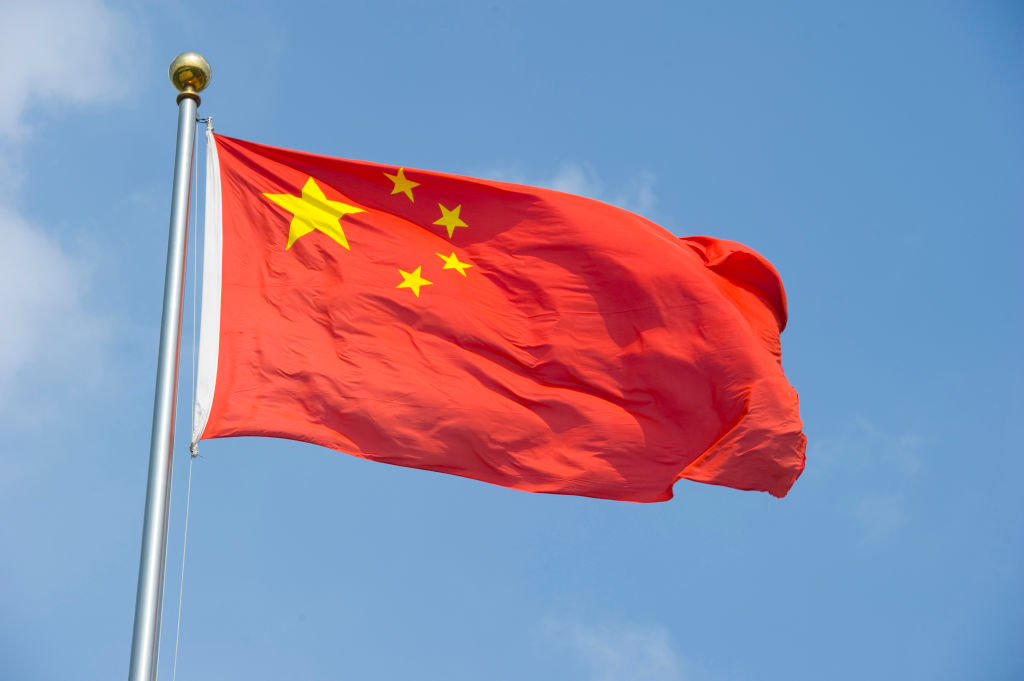China’s escalating space program may pose a serious national security concern for the United States — especially as it relates to the moon.
NASA administrator and former U.S Senator Bill Nelson sounded the alarm in an interview with Politico published Sunday.
Nelson is also a former astronaut.
“It is a fact: we’re in a space race,” the agency’s administrator said said of international space development.
Nelson warned that China might seek a permanent presence on the moon.
“And it is true that we better watch out that they don’t get to a place on the moon under the guise of scientific research,” Nelson said of the prospect, which he describes as a problem for the United States.
Nelson even predicts that China could come to view the moon as its exclusive domain if they succeed in establishing a permanent presence on the lunar body.
The communist nation activated its own in-orbit space station last year — a development that places China’s program on par with the United States, which uses the International Space Station with Russia.
“And it is not beyond the realm of possibility that they say, ‘Keep out, we’re here, this is our territory.’”
China has set of goal of landing astronauts in the moon by the end of this decade, according to The New York Times.
One former commander of the International Space Station is warning of the security implications that a Chinese lunar base could pose to America.
“There is potentially mischief China can do on the moon,” Terry Virts told Politico of the prospect.
“Having them there doesn’t make things easier. There is real concern about Chinese meddling.”
A November Pentagon report submitted to Congress summarized the potential dangers that a permanent Chinese presence on the moon could pose to American national security.
A Chinese lunar base could provide China with extensive surveillance capabilities that wouldn’t be easily destroyed in the event of a conflict between the world’s two great powers.
The United States hasn’t forgotten about lunar exploration, even as NASA has retired the Space Shuttle and interest in space has increasingly shifted towards Mars.
NASA is framing December’s Artemis I spaceflight as the first in a series of missions that precede America’s manned mission to the moon and Mars.
This article appeared originally on The Western Journal.

























 Continue with Google
Continue with Google